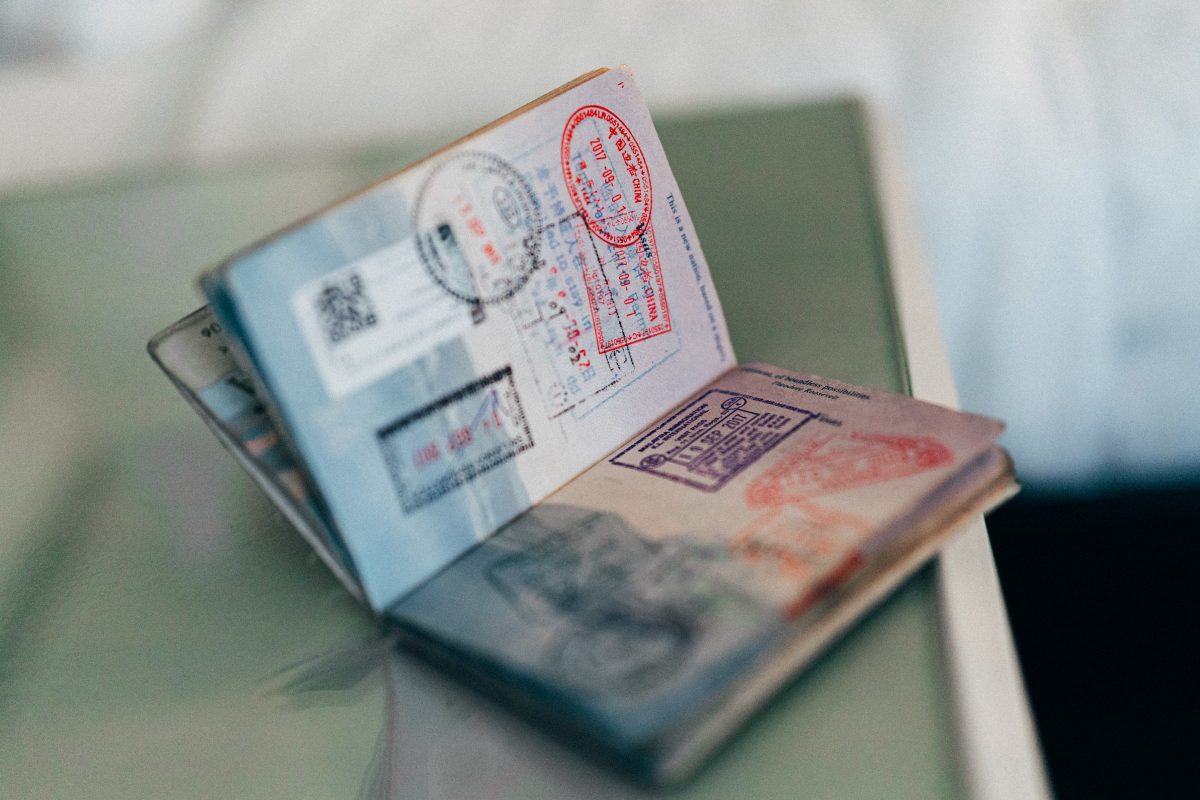A small country is on the hunt for a marijuana specialty.
As cannabis becomes more of an agricultural product, a competition to discover the finest growing conditions at the lowest cost has begun. A new candidate is rising in South America: Paraguay.
According to Chief Executive Officer Lucas Crivilone, medical cannabis exporter CPlant Switzerland aims to buy a licensed producer in Paraguay early in 2022 to grow THC-rich flower and extracts for the company’s Swiss laboratory. If cannabis prices continue to fall, CPlant may move the majority of its cultivation operations from Uruguay to Paraguay, where operating costs are half as much, he said.
If Paraguayan regulations work for us, and market prices allow us to have a substantially higher profit margin in Paraguay than Uruguay, we would aim to do our farming in Paraguay, Crivilone said in a telephone interview.
According to consulting firm Prohibition Partners, cannabis exporters are likely to face several years of declining pricing as more low-cost output from the Mediterranean and Southern Hemisphere countries enters the market. More enterprises may seek out good growing climates with low operational expenses as a result of the pricing squeeze.
In 2017, Paraguay became the first country to legalize medical marijuana. Its low wages, cheap power, and established pharmaceutical sector allow it to compete with marijuana-friendly countries like Colombia and Uruguay. Medical marijuana manufacturing is now limited to 12 local investors who received licenses in 2020. According to Maria Mercedes da Silva, who administers Paraguay’s medicinal cannabis program, three of these enterprises are already distributing CBD oil and capsules to pharmacies and the health ministry.
In both Uruguay and Paraguay, CPlant aims to start growing higher-priced flower that is rich in THC, the psychoactive ingredient in marijuana, next year.
In Uruguay, the company already produces cannabis for CBD, a chemical that is claimed to have therapeutic properties.
According to Crivilone, CPlant could produce up to 5 hectares (12 acres) of THC-rich flower in Paraguay by 2024. The shift to THC coincides with a decline in the price of CBD products. Crivilone predicts that CBD flower prices in the European Union will drop by around 20% this year, from a current range of $300 to $700 per kilogram. According to him, CBD flower prices had already dropped 20% from the previous year in 2021.
Crivilone estimates that 15 to 25 tons of flower will be produced in Uruguay this year, up from roughly 9 tons in 2021. Because of new goods and increased production, he expects sales to more than double to $8 million.
Companies like CPlant and Cannabis Company Builder, which started in Uruguay — the first country in the world to legalize most uses of cannabis in 2013 — are turning away from farming and toward more profitable consumer items as the cannabis market matures. Uruguay has transported over 32 metric tons of flower, biomass, seeds, and medical products to countries like as Switzerland, Germany, and Portugal since the beginning of 2019.
All of CPlant’s cannabis comes from 44 hectares of connected producers’ land. Seeds, licenses, and technical help are all provided by the corporation.
We are convinced that this will be the dominant model, Chief Strategy Officer Guido Husni said. Farming requires a lot of work and investment. We completely exited that part of the business to focus on sales and finished products.
Founded in 2018 by Argentine entrepreneurs Crivilone and Husni, CPlant transports dried CBD-rich flower to a laboratory in Switzerland, where it is processed into packaged products for distribution to Latin American and European distributors. There’s a lot of room for improvement: Medical cannabis sales in Europe are expected to reach about $2.6 billion in 2026, up from an estimated $270 million in 2021, according to Prohibition Partners.
CPlant began gathering $4 million in capital investment in November to fund projects such as product development, expansion into Paraguay, and the opening of new distribution offices in Argentina, Brazil, and Slovenia. According to Crivilone, CPlant is also lobbying the Uruguayan government to allow the production and export of psilocybin mushrooms for medical purposes.
Our focus now is retail products and other compounds such as THC and psilocybin mushrooms, he said.




